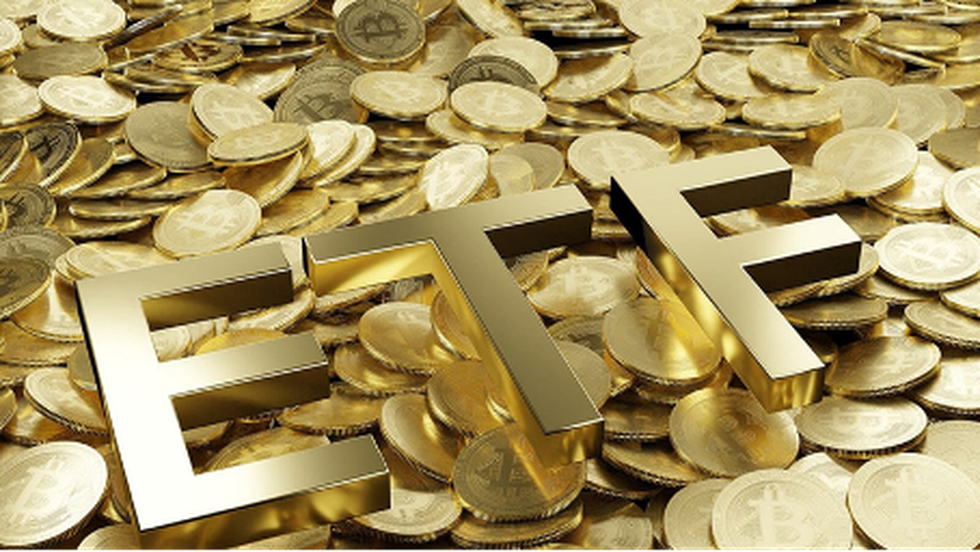About Gold Exchange Traded Funds (Gold ETFs):
- They are commodity-based exchange-traded funds with an underlying asset as gold.
- They are passive investment instruments that are based on gold prices and invest in gold bullion.
- Gold ETFs are units representing physical gold which may be in paper or dematerialised form.
- One Gold ETF unit is equal to 1 gram of gold and is backed by physical gold of very high purity.
- Gold ETFs combine the flexibility of stock investment and the simplicity of gold investments.
- They are listed and traded on the National Stock Exchange of India (NSE) and Bombay Stock Exchange Ltd. (BSE) like a stock of any company.
- It can be bought and sold continuously at market prices.
- There is a complete transparency on the holdings of a Gold ETF due to its direct gold pricing.
- ETFs have much lower expenses as compared to physical gold investments.
What is an Exchange Traded Fund (ETF)?
- An ETF is a collection of investments such as equities or bonds.
- It is a basket of securities that trades on an exchange just like a stock does.
- ETF share prices fluctuate all day as the ETF is bought and sold, which is different from mutual funds, which only trade once a day after the market closes.
- ETFs can contain all types of investments, including stocks, commodities, or bonds
- They have cheaper fees than other types of funds.
What is Passive Investment?
- It is an investment strategy wherein investors buy securities that mirror stock market indexes and hold them long-term.
- It is a strategy that focuses on replicating the index performance as opposed to daily buying and selling.
- Passive investing seeks to avoid the management fees and high transaction costs that frequent trading can cause.
